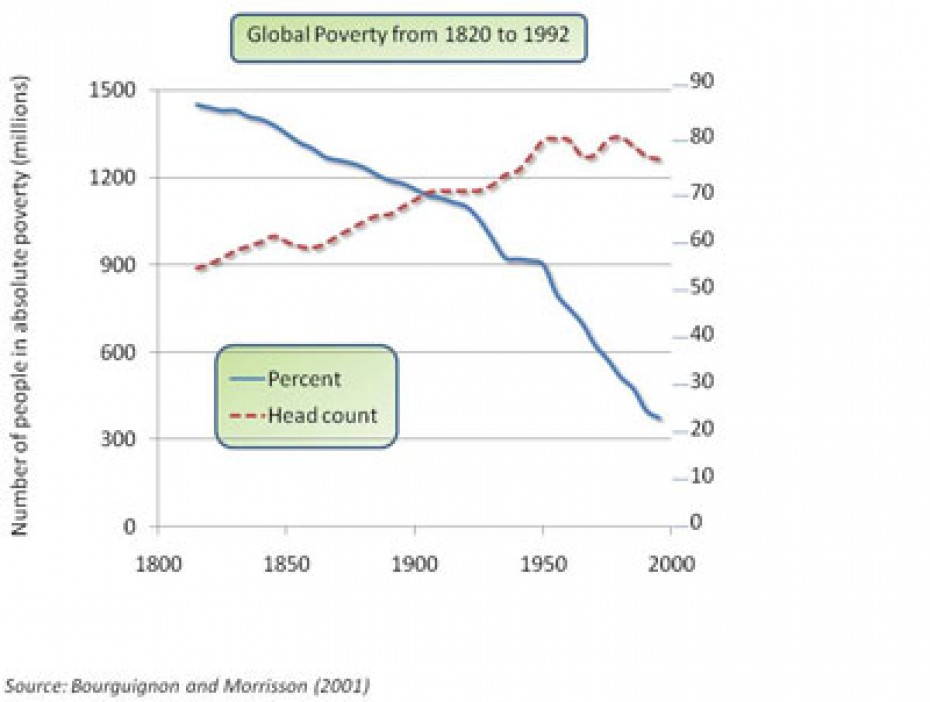The Ability to Eliminate Extreme Poverty Is Just a Matter of Priorities

The Church’s ability to eliminate extreme poverty is just a matter choosing to do so. We used to say that 40,000 children under age 5 die every day of hunger or preventable diseases. Today, that number is 24,000. These statistics show that in 20 years the number of children who die every day of hunger or preventable diseases has been cut in half. Yet, the birth rate is actually going up. The population is increasing.
Continue Reading ›She Is Hungry
She didn’t eat yesterday.
The little girl told me that as we sat with her and her mother under a mango tree. The fruit was not ripe yet, and still sat high and green and out of her reach.
Just behind the house, a few rows of corn grew. But they didn’t belong to her family. She could see them every day. But they were out of her reach.
I feel like every week I write about children who “went to bed hungry.” And they did. But right then, I sat before a little girl who literally went to bed less than 24 hours ago with nothing to eat.
I tried to imagine the tiny bit of hunger I’ve felt in my life, magnified. That small ache after missing a meal turned into deep pain after missing one, two, three meals. The slight ache when I take my lunch late turned into a pounding, relentless headache when late turns into never.
I couldn’t imagine it. But this little girl doesn’t have to imagine it. She lives it.
She is hungry when she walks past the market, her pockets empty.
She is hungry when her neighbors light up their braziers at night while her family’s remains cold.
She is hungry while fresh fruits and vegetables are in her sight, but not on her table.
As we left that night, we hauled a bag of rice out of the back of our van. Her mother bowed her head, thanking us over and over. And I knew that when this little girl visited the child development center, she would receive a meal. And that the center workers would watch her carefully, and at the first sign of malnutrition, she would be treated.
Those things are not out of her reach.
Merci
Continue Reading ›She walked slowly out of her classroom, her face turned towards the ground. Her shoulders hunched up around her ears, the ragged sleeves of her dress nearly reaching her elbows.
“What’s wrong with her?” I asked the group around me. They stopped the girl, and French phrases passed much too quickly for me to keep up. Finally, someone translated for me.
“She can’t pay her school fees, so they’re sending her home.”
That’s when I noticed the headmaster, moving from class to class, a list in his hands. Those were the children who hadn’t paid their fees. He was calling them to the front of their class and asking for the school’s money. And if they didn’t have it, they were sent home.
Read the rest of the entry at I’m Just Sayin’
Listen
I like to listen. My wife will tell you I’m not very good at it. But I really do like to listen to the way people say things … and the meaning behind certain words or phrases. I recently tried an experiment. I paid close attention to some of the things we say around the house, and then tried to imagine how different those conversations would be if we were living in a developing country. Think of how these phrases would be different — or non-existent — if we were living in one of the poorest countries of the world:
- “You wanna go out to eat tonight?”
- “What would you like for lunch today?”
- “There’s nothing on TV.”
- “It’s so nice out…let’s go for a drive with the top down on the Jeep.”
- “It’s starting to get warm again. We need to think about turning the sprinkler system back on in the yard.”
- “I need to run to the store to get some more diapers and Diet Coke. Can you think of anything else we need?”
- “Morgan is outgrowing his clothes so fast, is it okay with you if I go to the store to see if I can find him some new pajamas?”
- “I’ll empty out the dishwasher.”
- I’m going to take a shower.”
- “Feel like ordering a movie?”
- “The housing market is so bad right now. I don’t know if it’s the right time to sell our home. But we sure need more space.”
- “I’m starving!”
- “What would you like for dessert?”
I would bet that most of those phrases are NEVER uttered in the homes of children who attend Compassion child development centers. And the ones that are, are said in a much different context.
Wouldn’t it be interesting to listen in on their conversations for a week?


